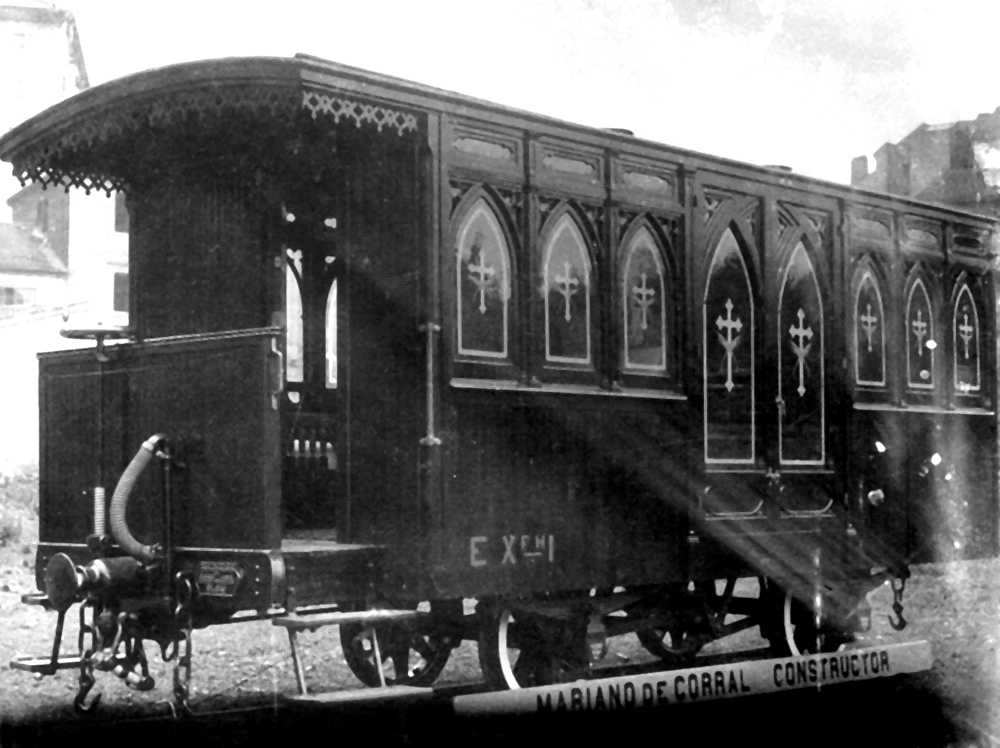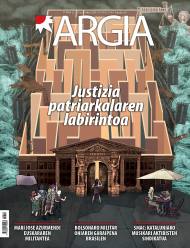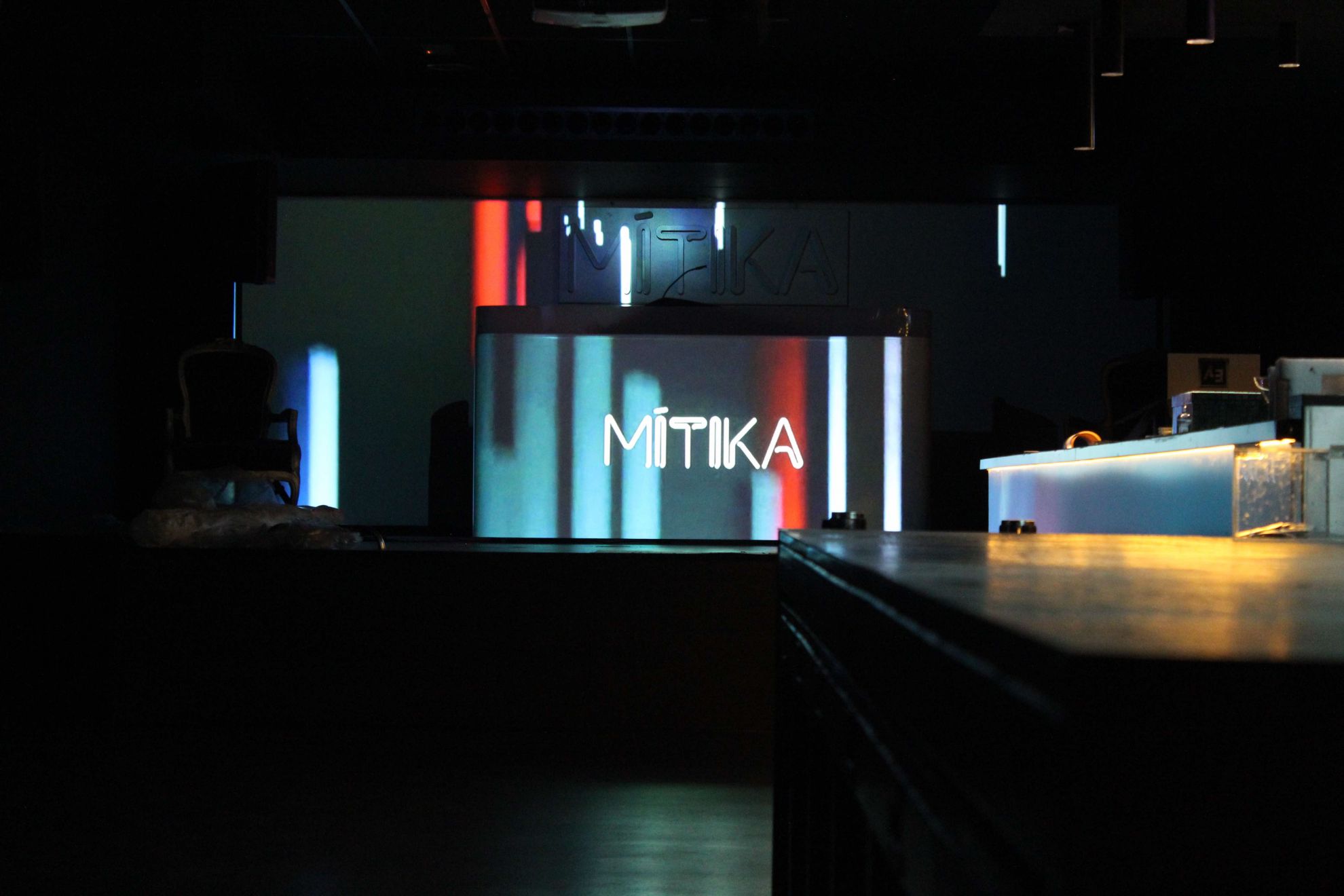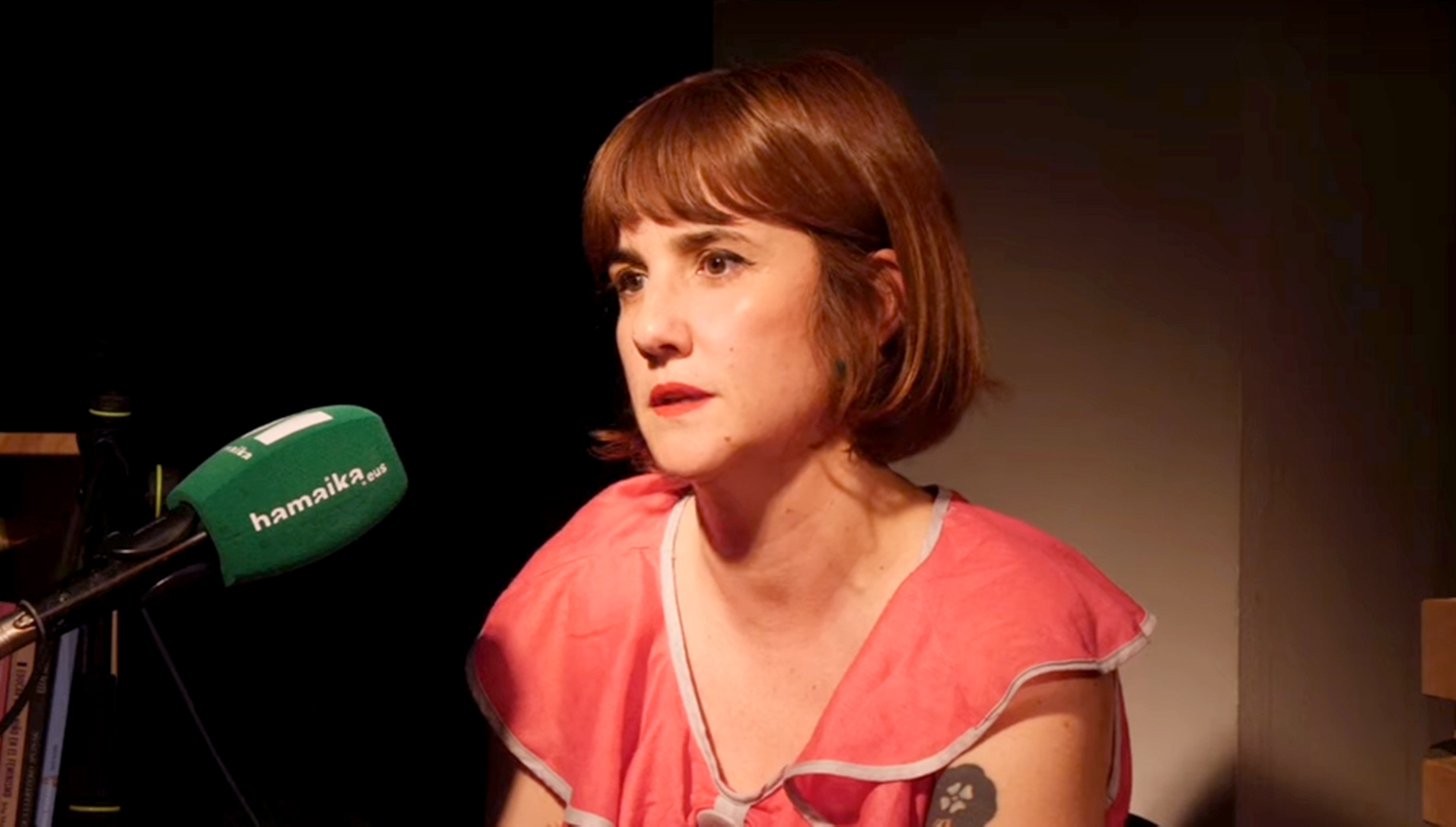There are classes on the train of the dead
- Born 27 April 1902. The Vista Alegre cemetery opened its doors and today it is the main cemetery in Bilbao.

At the end of the 19th century, as in other places, the urban center, increasingly populated, lacked space for the deceased, since the cemeteries of Abando, Albia, Begoña and Mallona were overwhelmed and, a dozen kilometers from Bilbao, the area between Derio and Zamudio was chosen to bury the deceased.
The new cemetery also had the advantage that, since 1895, Derio and the city joined the railways of Lezama. In the first few years it was difficult to reverse the investment in the construction of the railways. The train then traversed the rural area and transported few passengers and goods. With the opening of the new cemetery, the new merchandise was an unbeatable opportunity to open the business. But in the early years, they didn't get him juice. The frames were transported in freight wagons and charged 11 pesetas per box. The tickets for relatives and relatives were also not cheap, so most of the living beings were walking towards the graveyard.
In 1910 the Ferrokarril Company of Lezama and the funeral homes of Bilbao merged to create a new funeral agency and offer more adequate services. They created a special “train of death” – people would say it – that would be launched until the 1950s. The wagon was three classes. The most elegant wagon from the workshops of the pioneering train entrepreneur Mariano del Corral was first class. It had frosted crystals and fine and worked woods. He had no more than a coffin and for those close by he had a comfortable cabinet. The second-class wagon had capacity for two people and the relatives could also accompany them, although they did not have the same luxury as the previous one. The third class wagon was closer to the normal freight wagons. There were ten boxes coming in, but those who were close had to fix them as they could to get to the cemetery.
Death equals us all, but the “train of the dead” perfectly distinguishes them until they reach Derio.
Soco Lizarraga mediku eta Nafarroako Duintasunez Hiltzeko Eskubidea elkarteko kidearen ustez bizi testamentuak heriotza duin bat eskaini eta familiari gauzak errazten dizkio.
Gertakariak igande egunsentian suertatu dira 5:00ak aldera Gasteizeko Mitika diskotekan. Hildako pertsona 31 urteko gizon bat da, eta lurraren kontra buruarekin hartutako kolpe baten ondorioz hil da, antza atezainak kolpe bat eman ostean.
These were my last words when we left, held hand in your deep breathing sleep. Your heart stayed forever without a special, simple, dignified pain. As you want and demand. How we want and respect.
Already a month before the arrival of winter, the last days of the longest night,... [+]
First of all, we wish to extend our condolences to the family and friends of the woman killed in early August.
The people of Gaintxurizketa are fed up with the disillusionment of the administration and those responsible.
Those of us who live in the neighborhood are forced to... [+]
Paris 1845. The Labortan economist and politician Frédéric Bastiat (1801-1850) wrote the satire Pétition des fabricants de chandelles (The Request of the Sailing). Fiercely opposed to protectionism, he ironistically stated that the sailing boats asked for protection against... [+]













.jpg)








